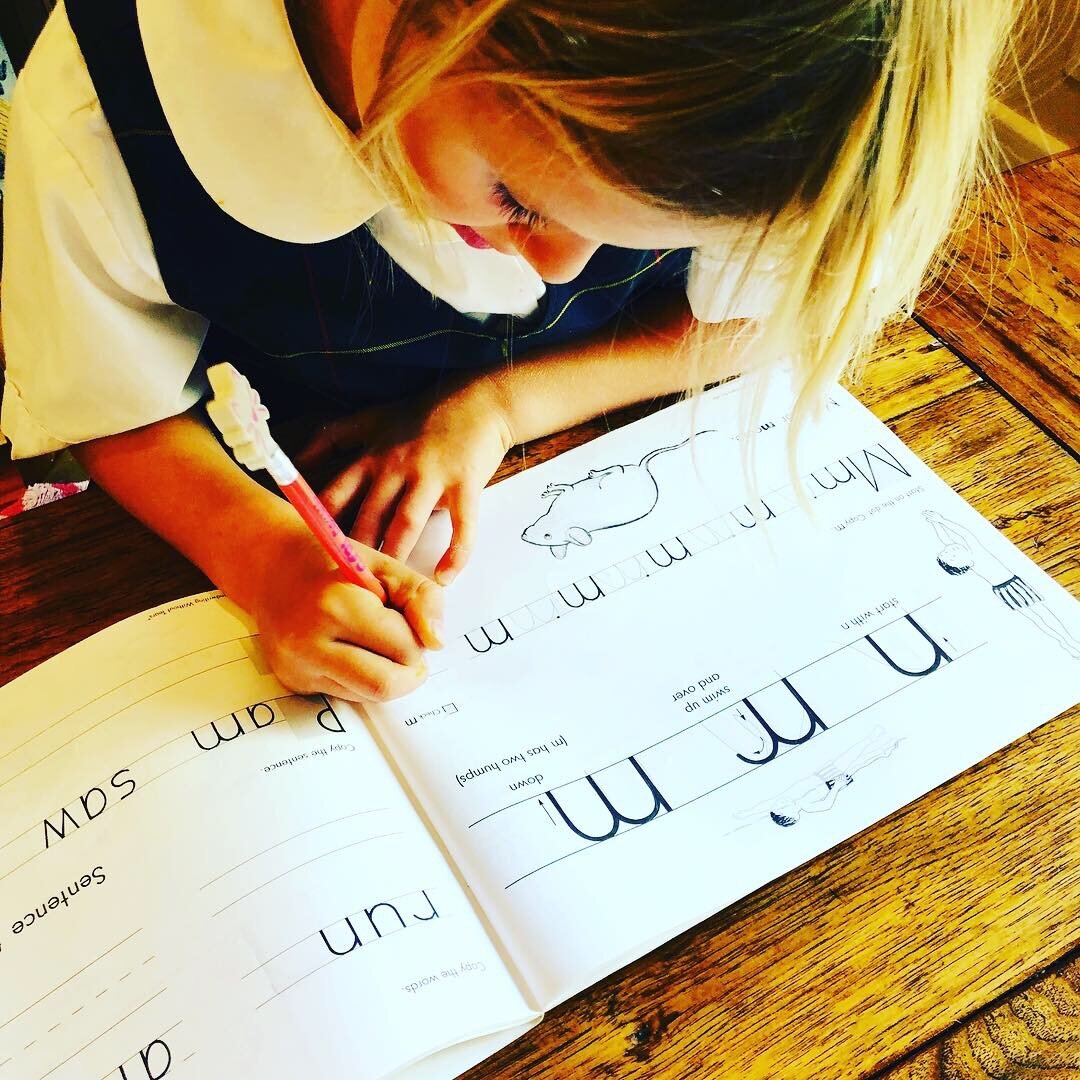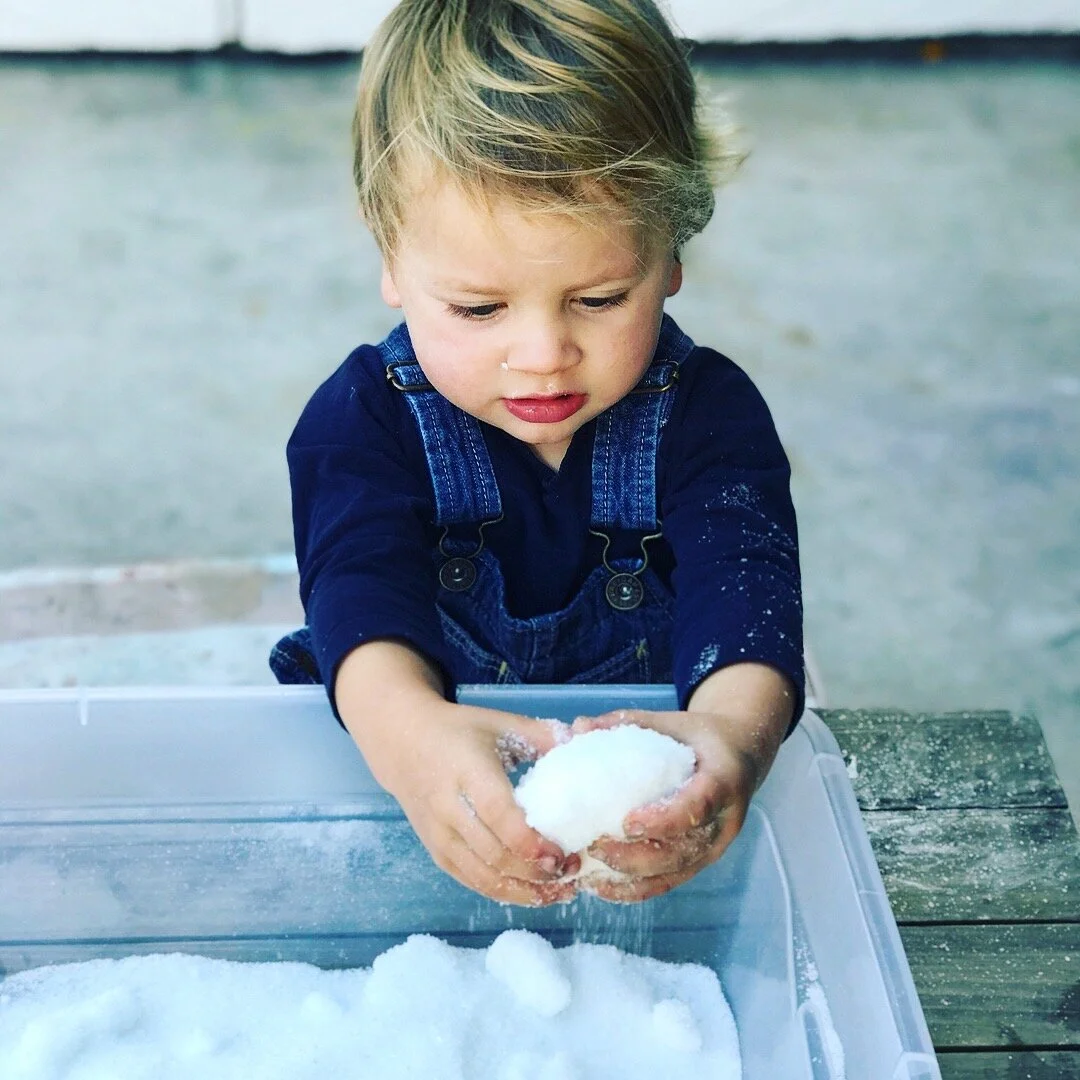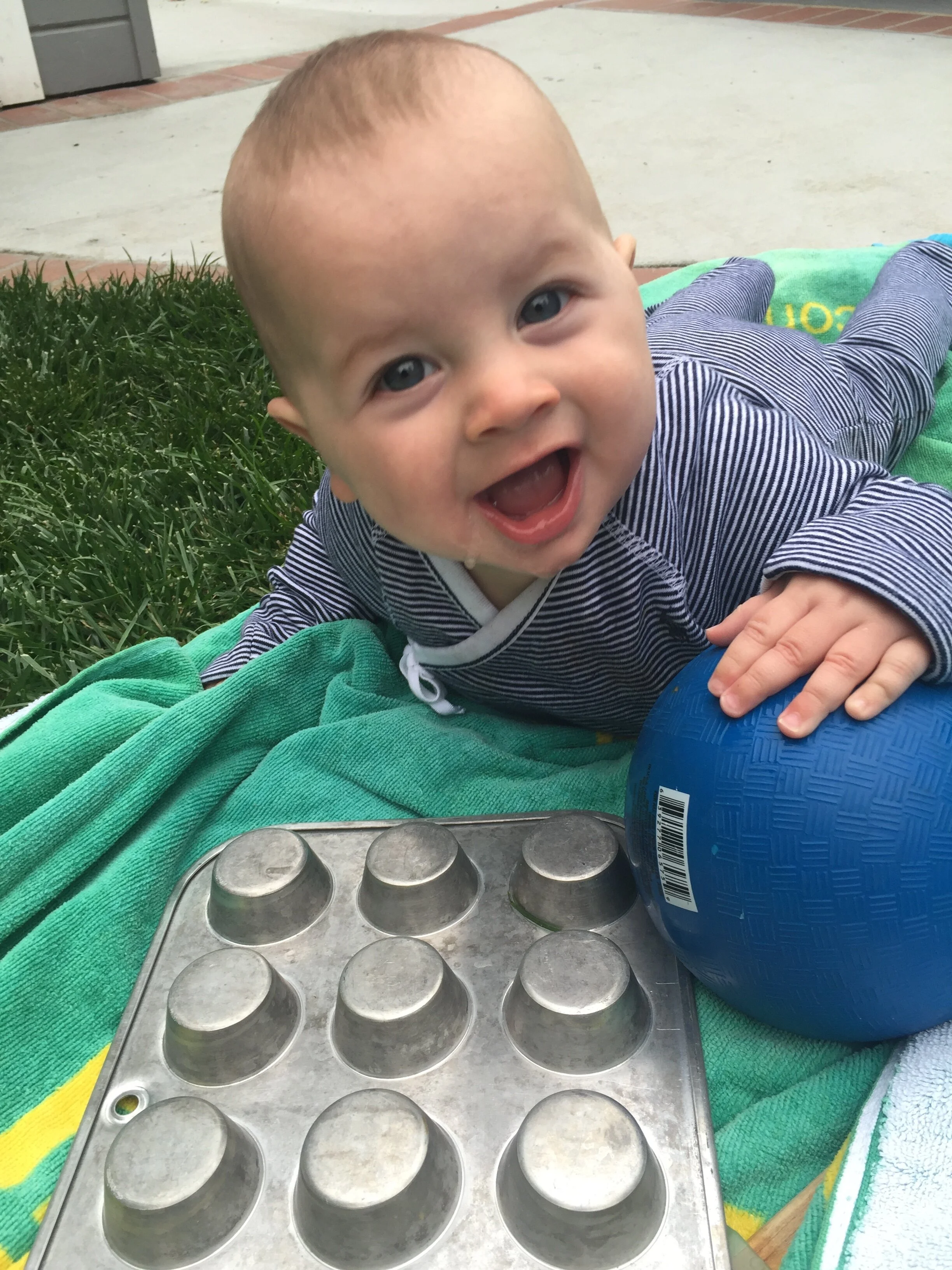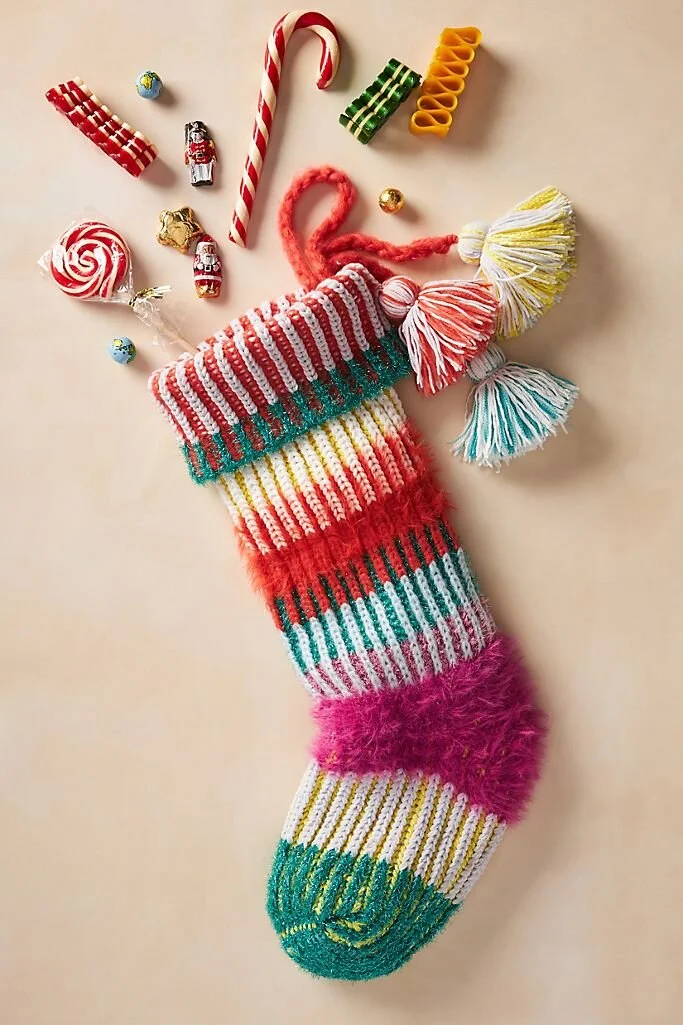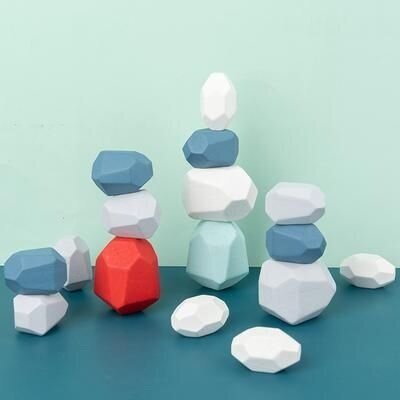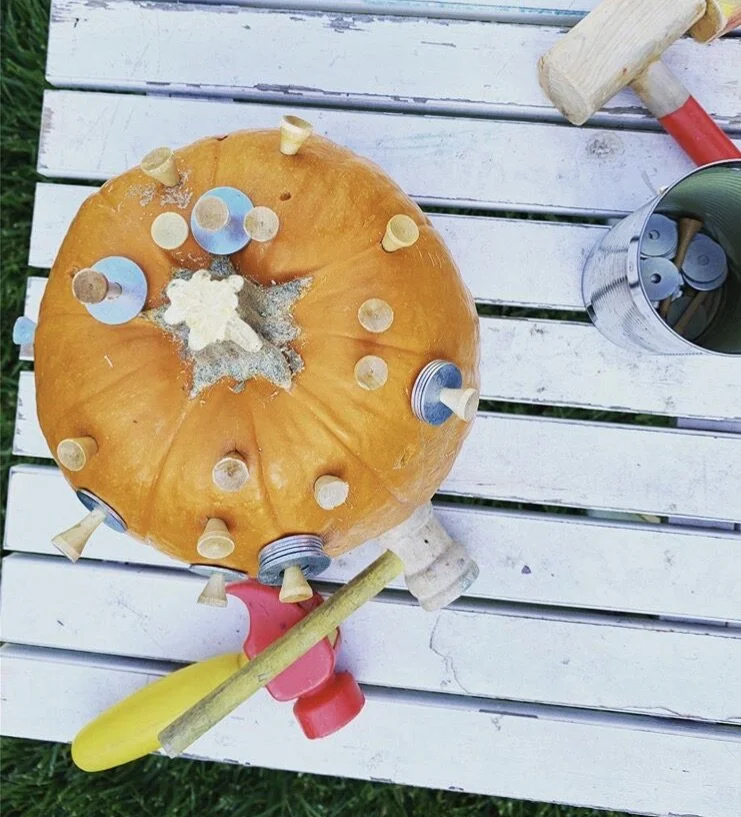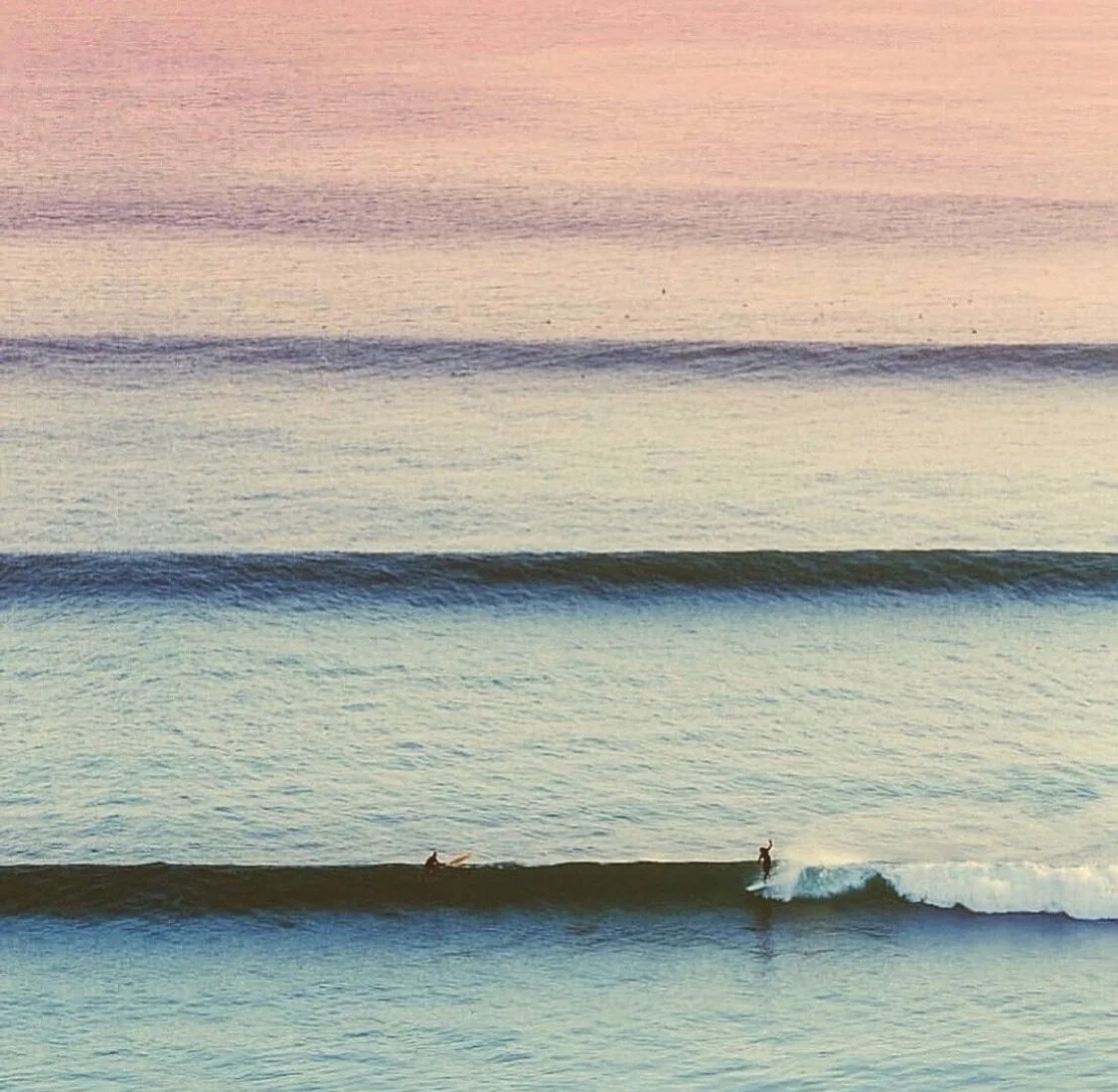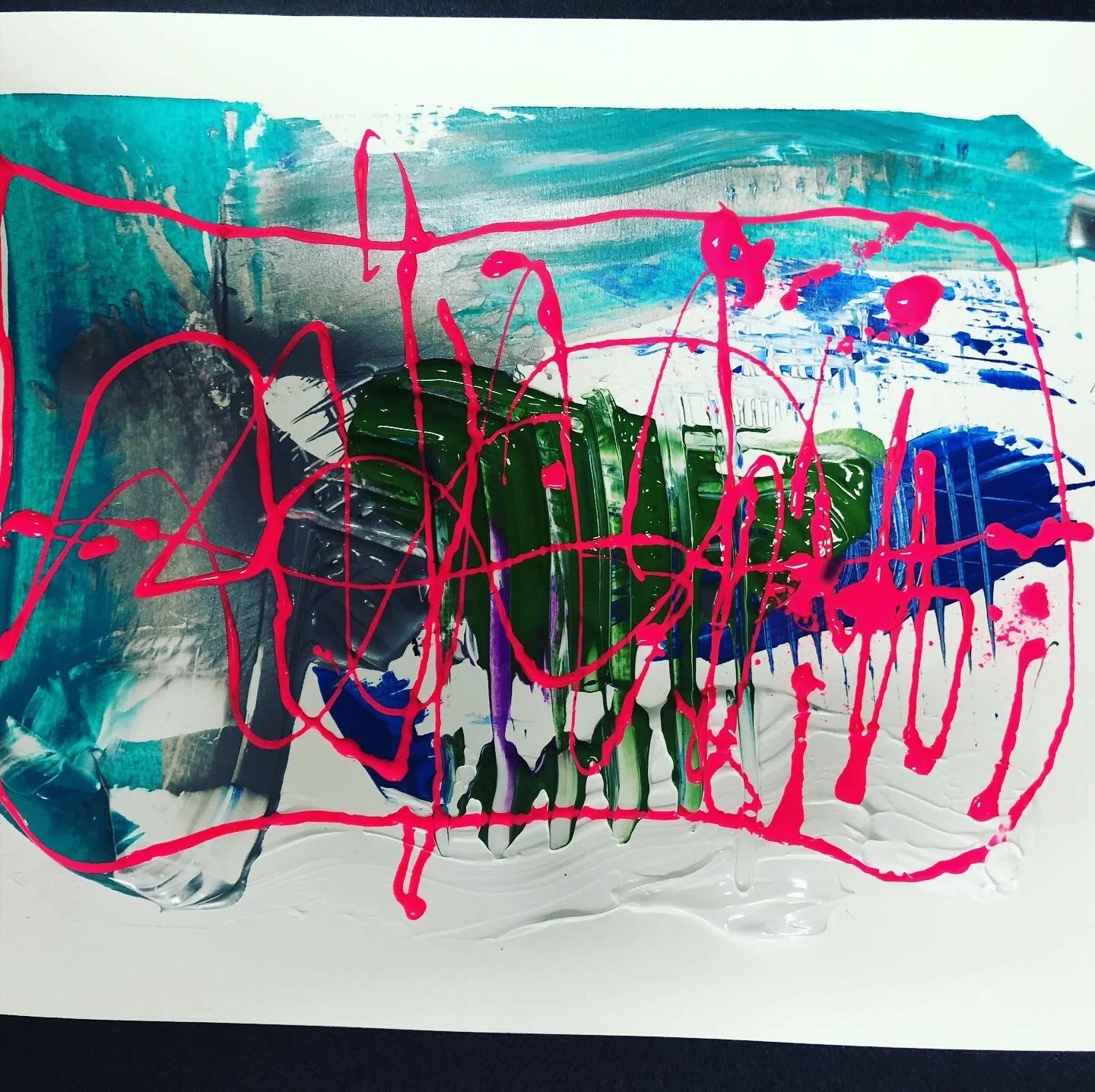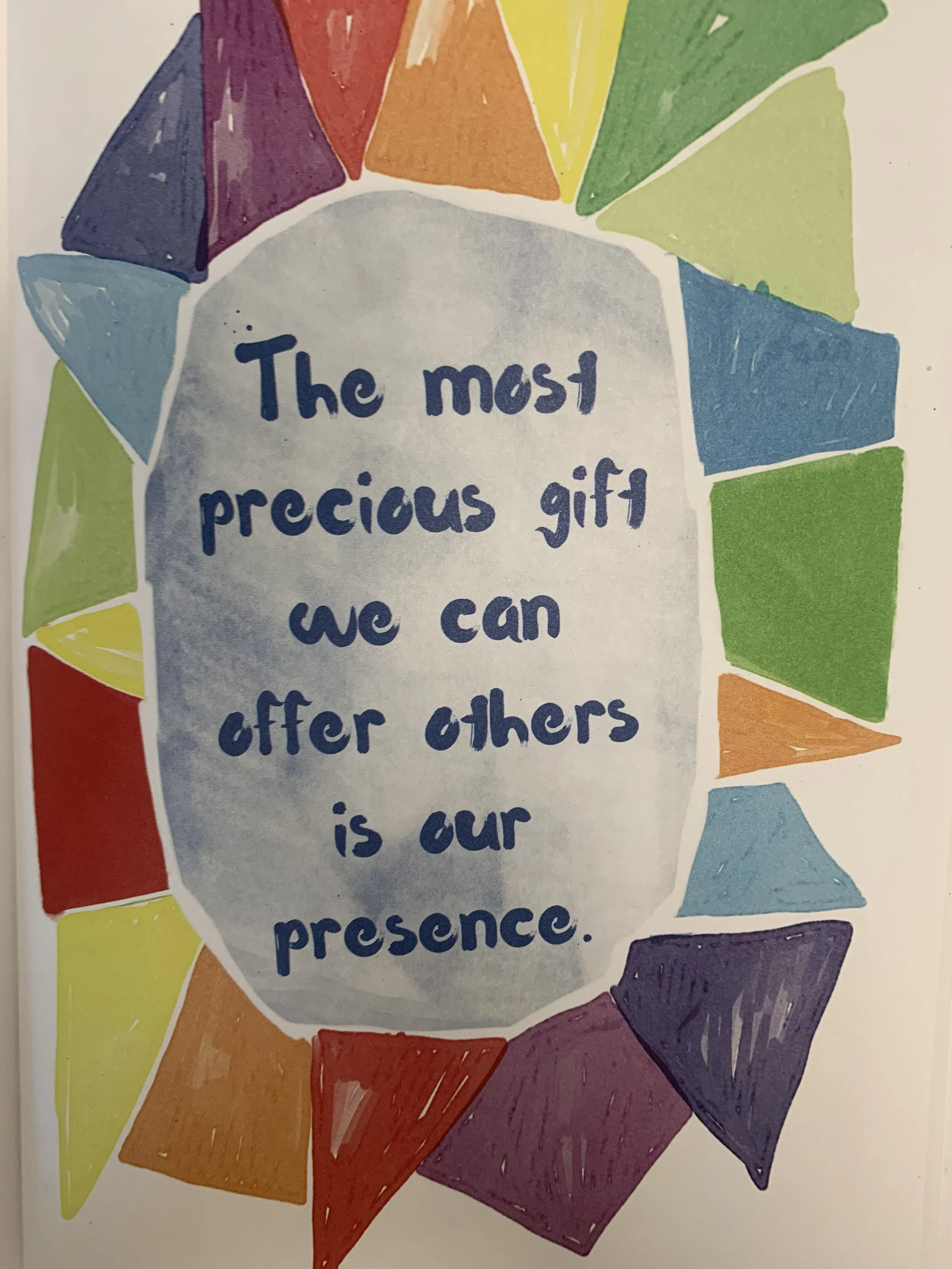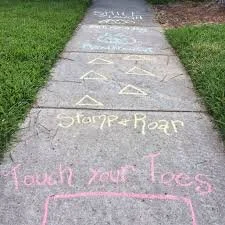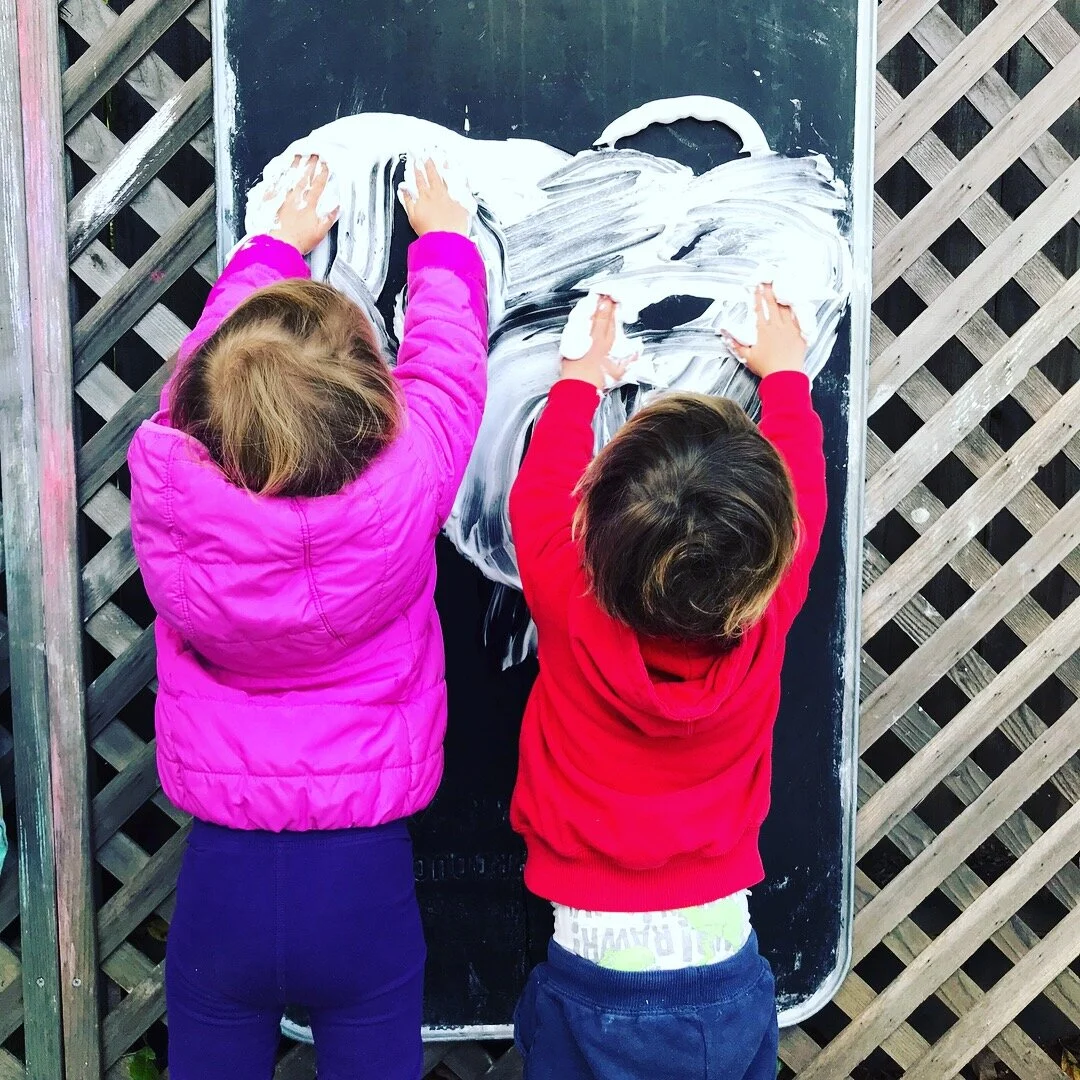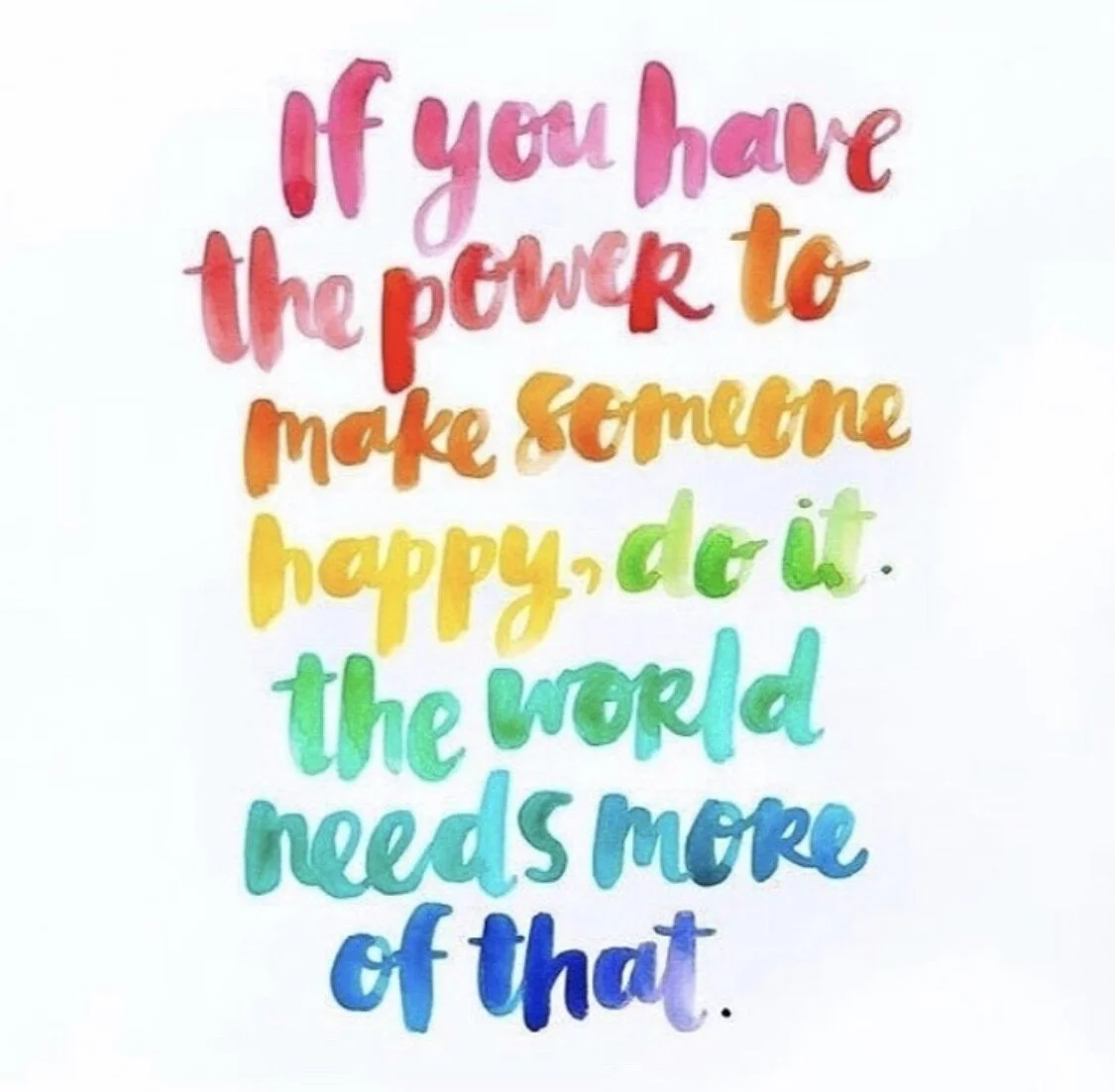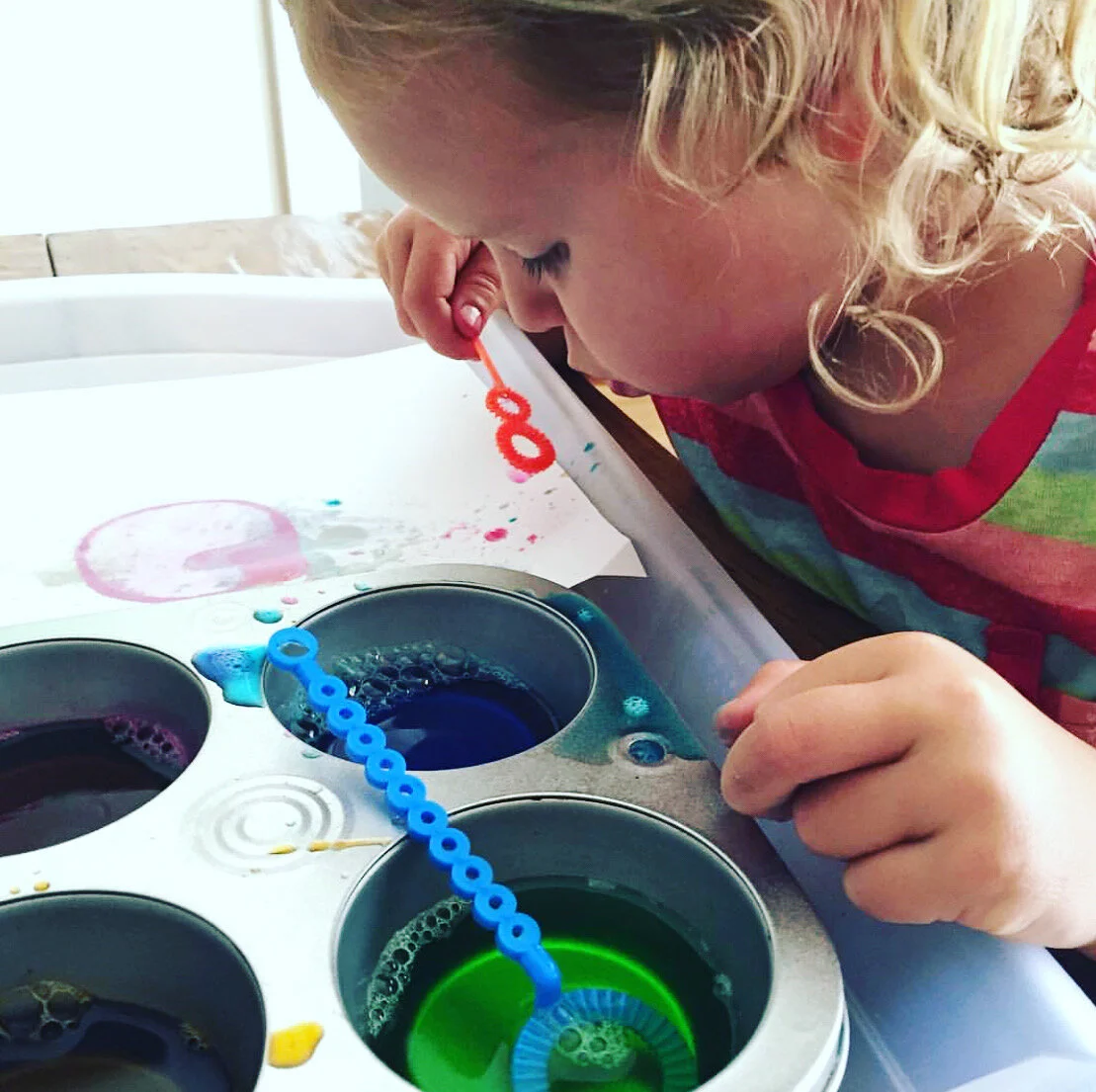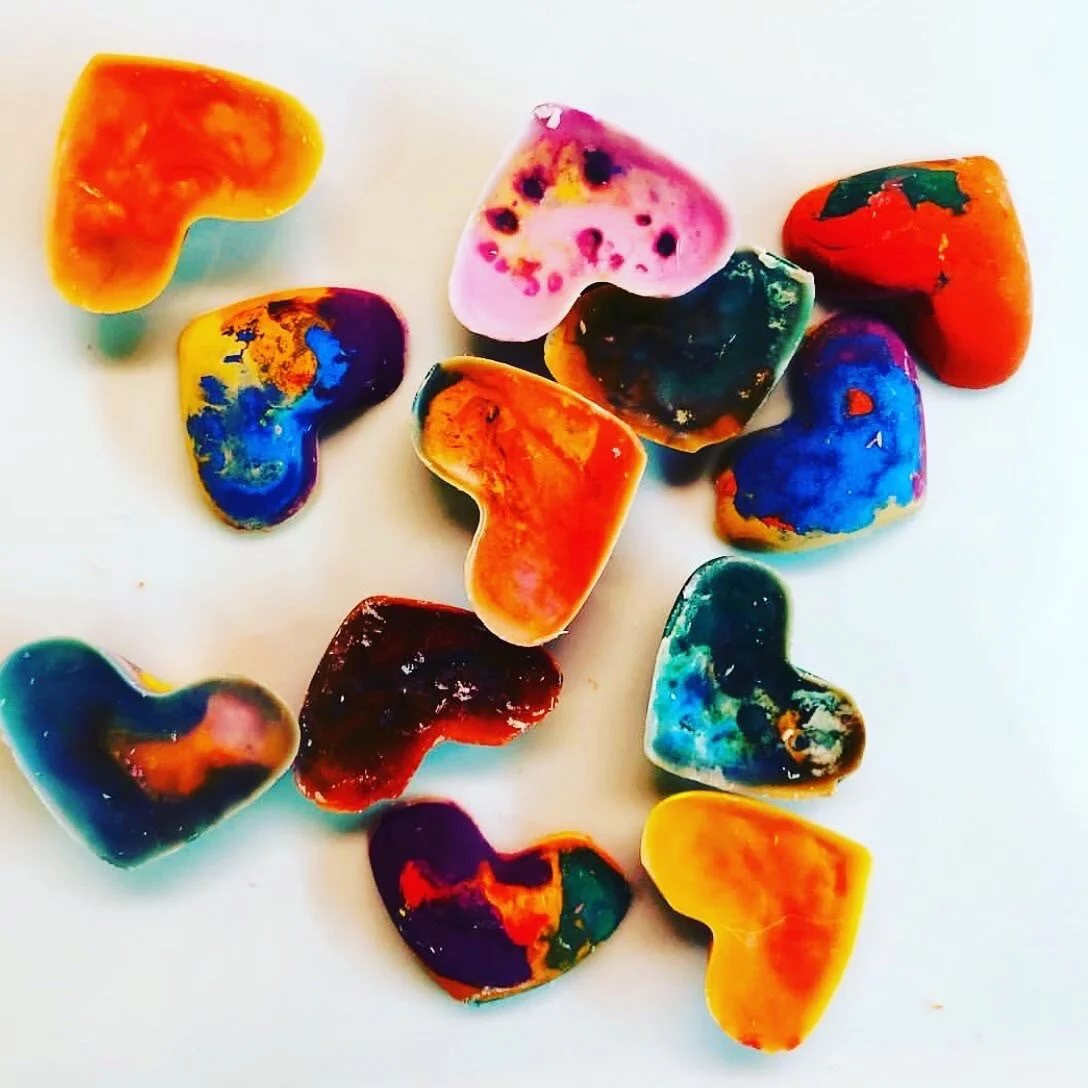You may have seen his quote as you scrolled through Instagram…
“Play is the work of childhood.”
Our beloved Fred Rogers that you, like me, may have grown up watching took it one step further and it couldn’t be any more spot on…
“Play is often talked about as if it were a relief from serious learning. But for children, play is serious learning.”
Before having kids, I truly didn’t realize the extent to how beneficial play is. As an OT, I knew play is the “occupation” of childhood but I would visit play-based preschools and because learning wasn’t explicit and overt, I often thought, “where is the teaching?” Well now I am humbled by my journey with my own children who have been enrolled in a play-based, nature preschool. Of course the teaching and learning is not in your face with workbooks, a circle time with do-dads and calendars from Lakeshore Learning! Rather, the teaching is happening from their environment around them and intentional teachers who observe the children and teach us parents to be observers. They have taught us how to skillfully comment on the child’s interests and ask guiding questions that instill a sense of curiosity and exploration so that learning is in their own hands. Sure, that means by age 2 a kiddo may not be able to label the colors or know their ABCS by age 3. The biggest lesson I learned is, that doesn’t matter. Children will do it on their own time. When kids in my daughter’s preschool class knew their colors at 2 years of age I thought maybe she was color blind. Honestly, I did! As a baby I would label colors for her, set out trays of all monochromatic items to “teach” her the colors. I hope you’re laughing at me right now, because boy has that been the biggest joke on me! The point is, she was not interested in being able to label her colors then. She was off scootering and observing the world around her (she has always taken in a lot about the world around her, making her VERY emotionally intuitive). But guess what, by the age of 3-3.5 she knew all of the colors. While some kids may know their ABCs by 18 months old, mine can’t point to a letter on a sign and tell me what it is, even at 3.5 years old. Kids will do these things at their own pace, not because they have done flashcards or “taught” it but because of their self-motivating interests.
In 2011, Paul Tullis wrote an article in Scientific American Mind about two studies that compared what happens when children are given direct instruction about how to work a toy versus free exploration. You can probably guess the results. Both groups learned the intended use of the toy but the free exploration group went far beyond and discovered even more uses and aspects of the toy!
In the picture above, you might think “oh the boys are painting the house.” There is so much more happening too…
Not only are they painting the house, they needed to fill up their buckets with water and figure out how to do that. They learned about weight as they carried their full buckets back to the house from the water spout. They needed to wait their turn and negotiate with other children who are waiting to have a turn. They developed a story about what they are doing, they are building core strength, shoulder strength, and motor planning skills (ideation of the activity, putting the steps together, and then executing). All of these skills they are learning and working on is sort of hidden in the play.
I can give you countless examples of learning that is happening through various methods of play but I think you get the idea….
Let’s talk about some of the great benefits of sensory play….
Not only do sensory bins provide immense tactile benefit and motor skill development as kids scoop and pour, smoosh and squash… when you have more than 1 child exploring a sensory bin they are navigating personal space, taking turns, exploring self-regulation (especially if one child gets hyper-aroused and the other kiddo needs to tap into some coping strategies for their own self-regulation- especially if it is a water table and one kiddo starts splashing!), developing speech skills as an observant parent asks some guiding questions such as, “I wonder if ___, what would happen if _____, I see so many colors in this bin. What do you see?” There is so much happening in this rich experience!
So many skills that help children with writing can be developed beyond using paper and pencil and drilling them with writing or “learning” letters and numbers, colors and shapes. There is some need for that as children get older and especially if there is a diagnosis but the point I hope you take away is that skills and knowledge are taught through play!
So as you go about your day, I challenge you to observe what your child’s strengths are. Notice the play schemes they come up with and talk about as they play with legos, baby dolls, cars and tractors. Think about what they ARE learning as they play and what WORK they are doing through this play. Notice their interests and strengths and what your child is good at. They may not know their ABCs yet or how to do math in their head but they may be very physically or socially adept- skills that are flourishing now while other more “academic” skills are taking a back seat.
Sitting and playing cars may not be your thing or having a pretend tea party while you stare at a pile of laundry. That’s perfectly okay. Pause, watch your child, ask a guiding question or two “I wonder what would happen if…..”
Here are a few of my favorite parenting books on this if you want to read more!












